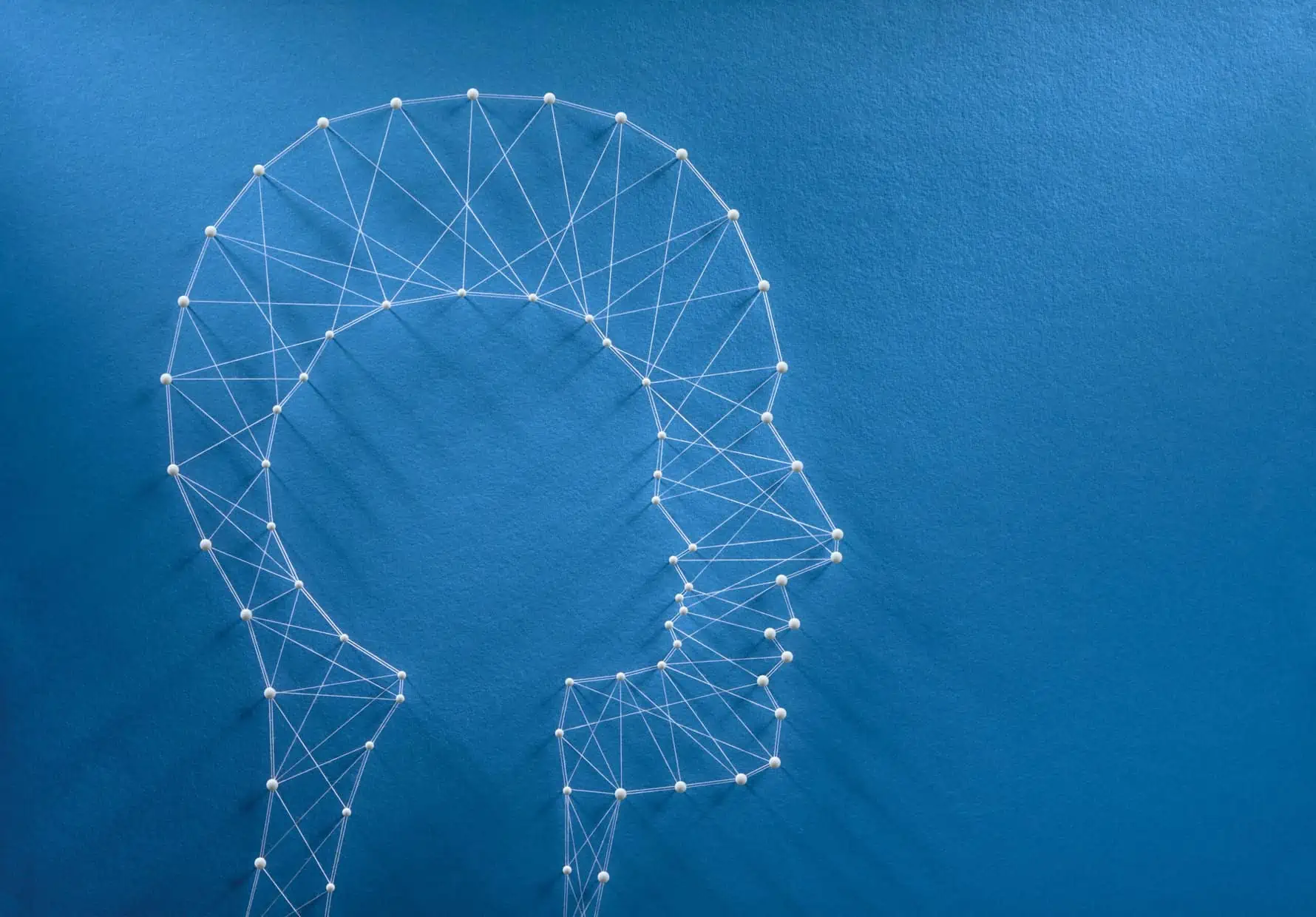Our programs for early-career investors through to mid-level and senior investors, are all anchored by the inner game of investing, leadership, careers and life. The inner game reflects the science and leadership theory that states your ability to fully express your skills and talents, embrace complexity and make great decisions, build the collective intelligence of your teams and enjoy a sense of personal flourishing depends on your ability to work with your ego, identity, mindset and beliefs. That’s because the inner game is constantly meditating the outer game, creating strengths and shadows.

Working with strengths and shadows
To best work with your strengths and shadows, you need to intimately understand what’s creating and driving them, and pay attention to how they’re influencing your outer game moment to moment.
That process unpacks how your personality, your personal history and core threat and trust systems shape your sense of self (ego and identity) and how you view the world, being your mindset and belief systems. Combined, these are commonly called your internal operating system.
Your thoughts and emotions are shaping your internal operating system throughout your life – mostly unconsciously. The inner game uses tools and habits to make the unconscious conscious, thereby reducing the extent to which shadows undermine your outer game.
Everyone carries a shadow, and the less it is embodied in the individual’s conscious life, the blacker and denser it is” - Carl Jung.
Personality preferences, above/below the line, drama triangles, re-writing stories and the SCARF model are among our favourite tools. Play, self-compassion and curiosity are essential traits to cultivate throughout this discovery process. Even still, upgrading your internal operating system can be confronting, and if there’s unresolved trauma in your life, it’s important you be supported by a mental health professional.
Common adaptive challenges embraced by the inner game
Insights generated by these tools are captured as an adaptive challenge. Your adaptive challenges reflect the most significant mindset changes you could make to improve your investment decision-making, leadership effectiveness, career success or life fulfilment. We often start that inquiry by looking at what’s getting in the way. Here are the most common ways I see investors and leaders obstructing their own success and the success of their teams:
- Reacting with aggression/blame when the market moves against them or others, triggering their own and others’ threat responses, which in turn impedes creative capacity and clarity of thought.
- Identity hooked on being a great fund manager, creating a fear of making mistakes and clouding judgement when the market moves against them.
- Narrow perspective on own investment priorities, creating obstruction when working on ESG integration.
- Fear of feedback conversations going poorly and so avoiding them or not giving clear feedback, limiting other’s growth potential and creating disconnect in relationships.
- Self-worth tied into investment performance creating poor delegation and excessive control, which in turn hampers others’ growth opportunities.
- Shutting down other people’s ideas to protect own ego’s need to be right.
- Holding back sharing views and challenging others for fear of being wrong, which stunts the group’s ability to generate the creative abrasion needed to generate breakthrough thinking.
- Ego’s yearning for quick success stops leader from bringing the team along with them, creating disengagement and ultimately slowing the change process.
Leadership effectiveness improves as consciousness evolves – Bob Anderson, founder, The Leadership Circle
It’s important to note we all have ways we self-sabotage; it’s part of the human condition and is driven by our threat and trust systems. Connecting with that reality and investigating what needs to change invites us to discover:
- What we’re thinking and doing that works against how we want to be, and the cost of that mal-adaptive behaviour.
- How our ego and identity benefits from the current behaviour, creating a competing commitment.
- The beliefs and stories we make up to create that competing commitment.
- How we can re-wire our identity, beliefs and stories to support our adaptive challenge.
The Immunity to Change X-Ray developed by Bob Kegan and Lisa Lahey is the primary map that charts that discovery.
Mastering your inner game
Inner game mastery is a lifelong endeavour with a proven, non-linear path to success. Positive and humanistic psychology, neuroscience and ancient wisdom reveal the practice strokes, workout routines, and coach and team support needed to lift your game.
We’re excited to share ideas, tools and events to support your inner game, as well as run our suite of immersive programs such as Keystone Analyst Program, LevelUP, Amplify. Adaptive Leaders, Adaptive Coaching 1:1, Adaptive Teams and Lift Sponsorship,. It’s all part of our mission to create a diverse and human-centred investment management industry. You can find out more about our tools and programs here.

Yolanda Beattie
Founder
Future IM/Pact
Future IM/Pact founder, Yolanda Beattie, brings a lifelong passion for inner work and the nature of consciousness to her leadership and teams development experiences, honed professionally over the past decade working with leaders and teams across a range of industries. Having spent the first 15 years of her career working in funds management, she combines her mindset development skills with industry insights to create powerful learning experiences grounded in practical application.
For more great content from Yolanda and the Future IM/Pact team, subscribe to our newsletter.
Share: